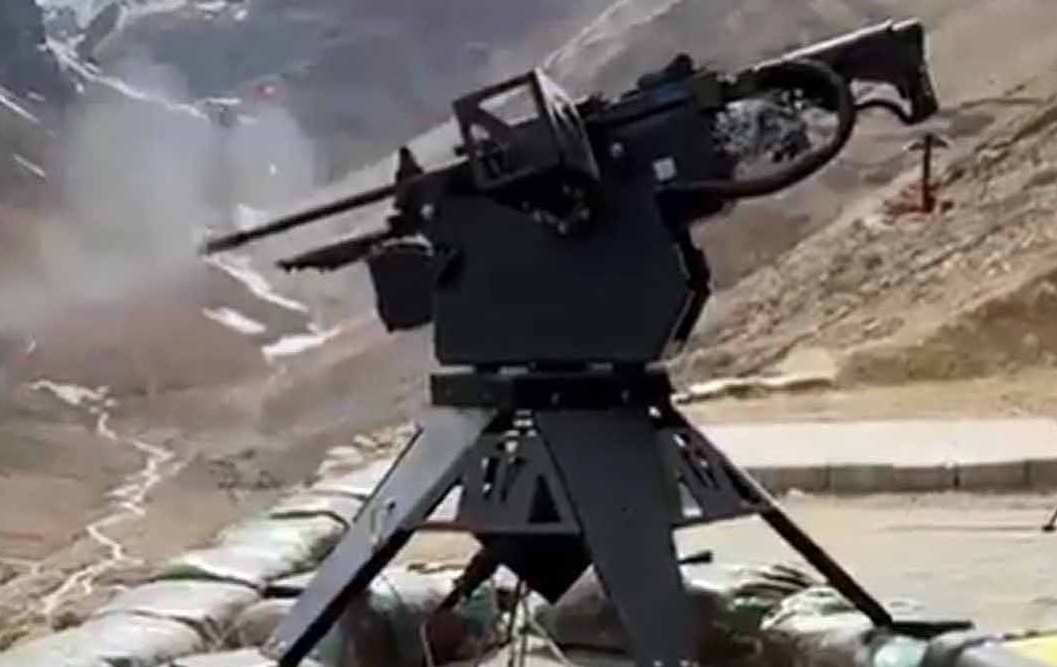China's large-scale military drills around Taiwan could become regular, warn US experts

US experts predict that China's recent Joint Sword-2024A military exercise near Taiwan indicates Beijing's intention to regularly conduct large-scale drills around the island. This move aims to signal displeasure and punish Taiwan and the United States.
Following China's recent Joint Sword-2024A military exercise near Taiwan, US experts suggest that Beijing plans to make large-scale military drills around the island a regular occurrence. This analysis, reported by Focus Taiwan, comes from the Center for Strategic and International Studies (CSIS), a Washington-based think tank.
Bonny Lin, head of the CSIS China Power Project, and fellow researcher Brian Hart analyzed the two-day Joint Sword-2024A exercise, which began three days after Taiwanese President Lai Ching-te's inauguration. This exercise marks the third large-scale military drill China has conducted around Taiwan in recent years.
The experts noted that these military drills, linked with law enforcement operations, reveal China's multifaceted approach to Taiwan. They believe China will continue to use such activities to express its displeasure and to punish Taiwan and the United States.
The CSIS analysts pointed out that some experts from Taiwan, the US, and China argue that China's frequent military drills may have diminishing returns in advancing Beijing's interests regarding Taiwan. However, the latest exercise was a direct response to President Lai's inauguration speech, in which he asserted that Taiwan and the People's Republic of China are not subordinate to each other.
Lin and Hart emphasized that the Joint Sword-2024A exercise demonstrates China's readiness to use the People's Liberation Army (PLA) and the China Coast Guard (CCG) to signal significant displeasure and attract international attention. They expect this trend to continue.
Background and Implications
China's increasing military activity around Taiwan has raised concerns about regional stability. The Joint Sword-2024A exercise is part of a broader pattern of Chinese military operations in the region, reflecting Beijing's stance on Taiwan.
Taiwan, officially known as the Republic of China (ROC), operates as a separate entity with its own government and constitution. However, Beijing views Taiwan as a breakaway province and has vowed to reunify it with the mainland, by force if necessary.
The United States, while not formally recognizing Taiwan as a separate country, maintains unofficial relations with Taipei and supports Taiwan's self-defense capabilities. This support includes arms sales and military training, which Beijing views as provocative.
China's Military Strategy
China's strategy involves not only traditional military maneuvers but also integrating the CCG into its operations. The CCG's involvement in blockades and law enforcement activities around Taiwan highlights China's use of both military and non-military means to exert pressure on the island.
The CSIS analysis underscores the importance of understanding China's comprehensive approach to Taiwan, which combines military exercises with law enforcement and diplomatic measures.
Future Outlook
As China continues to assert its influence in the region, Taiwan and its allies, including the US, must navigate a complex geopolitical landscape. Regular Chinese military drills near Taiwan will likely remain a key feature of this dynamic, requiring ongoing vigilance and strategic responses from Taiwan and its partners.
This situation underscores the delicate balance of power in the Taiwan Strait and the broader Asia-Pacific region, with significant implications for international security and stability.
China's military buildup and strategic positioning around Taiwan are part of its broader regional ambitions. The PLA's modernization efforts include enhancing its naval, air, and missile capabilities to potentially conduct a blockade or amphibious assault on Taiwan.
Taiwan, for its part, continues to strengthen its defense capabilities, investing in advanced weaponry and military training. The island nation also seeks to bolster its international support network, engaging in diplomacy with key allies and partners to counter China's pressure.
The US plays a crucial role in this dynamic, providing military aid and support to Taiwan while navigating its complex relationship with China. This triangular relationship between China, Taiwan, and the US will continue to shape the geopolitical landscape in the years to come.
✍️ This article is written by the team of The Defense News.






